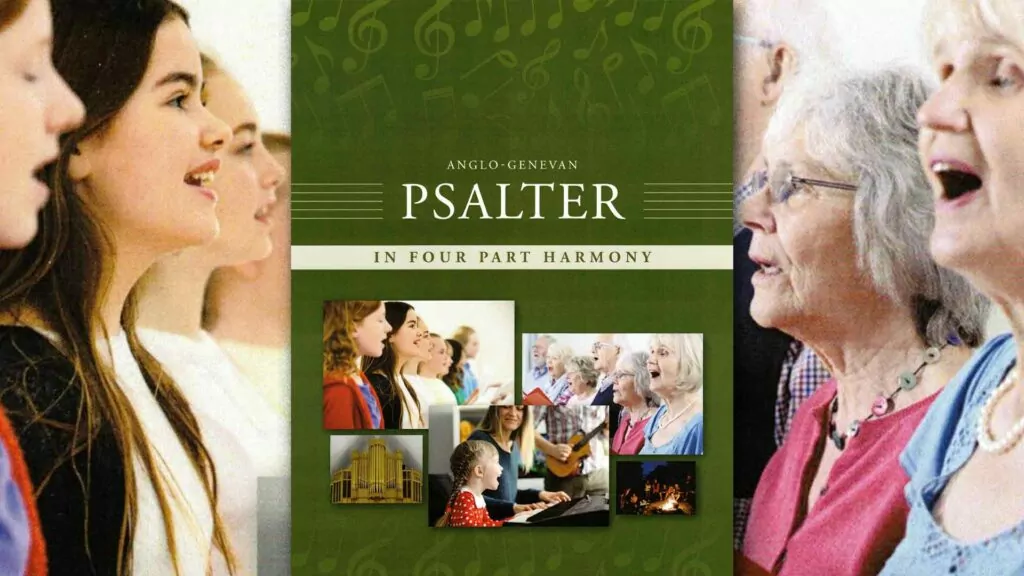“When words are many, sin is not absent, but he who holds his tongue is wise.” – Proverbs 10:19
*****
The lights inside the large sanctuary dimmed, and I sang the first two stanzas of my memorized solo. Suddenly, my mind went blank. Blank! Panic rose, as there were no lyrics available to me. But I had learned during voice lessons that poise should be the immediate reaction to a problem. I stood in position quietly, praying “Help!” Thankfully, my experienced pianist kept on playing, spoke the phrase that I had missed, and followed me when I resumed singing.
After the concert, my cheeks flushed with embarrassment as I faced everyone. But the Chorale members empathized, and my friend in the audience said, in surprise, “Oh, I thought you were just pausing for effect!”
Dictionary.com defines poise as: “a dignified, self-confident manner or bearing; composure; self-possession.” Perhaps we could also think of it as a type of self-control. I chose not to act on my strong, surging emotions, in order to achieve a higher purpose: in this case, not ruining the concert nor embarrassing myself.
Another example occurred years later.
I drove our son David to Baltimore for an overnight college visit during which our six-year-old Amy and I would visit with friends about 90 minutes past there. The 2-hour drive developed into a 7-hour ordeal due to an overturned HazMat truck on I-95. We survived the situation with acceptance and good humor until after we dropped David off at midnight. I ran out of poise then as fatigue overwhelmed me. With no fortitude to drive another 90 minutes, I phoned my friends that we would stay at a motel and come in the morning.
The night clerk at the motel refused to take a check and I had not taken a credit card with me – $57 cash, period. In my exhaustion, I shouted at her, a counterproductive move, indeed. Then I looked at Amy. To this day I can remember her little face, eyes wide, mouth open, beginning to be frightened by my actions. I stopped my words and stood there quietly, praying. The poise that characterized me from then on did not reflect the tumult inside of me, but it subdued Amy’s fear, and brought the clerk back to the counter. Thankfully, I found some school fundraiser change in the depths of my purse, which I borrowed for this emergency. The clerk slowly counted each nickel and dime, testing my self-control for endless minutes until we reached $57. Never was I so happy to climb into bed!
These are two examples of reasons for practicing self-control. But I admit to finding it easier to control emotions in these situations than when my temper is flaring or my goals are being thwarted. Then the task has always been much more difficult.
It doesn’t help that our culture emphasizes “being real” and “expressing oneself” by always saying exactly what is on our mind. Thus, too often, we feel entitled to act and react in whatever manner we decide, especially when someone has infringed on our happiness. “Consideration” seems to be a lost art.
The fact is that we are all sinners, prone to do what pops first into our heads and what feels best to us at the moment. As the refrain of the song Thank You, Lord states:
But it goes against the way I am to put my human nature down,
And let the Spirit take control of all I do;
‘Cause when those trials come, my human nature shouts the thing to do,
And God’s soft prompting can be easily ignored.
Honest emotions need to be expressed, but the time, manner and place must be carefully considered. More often than not, our first thought derives from our self-centered hearts; therefore we fall into anger, impatient behaviors, and gossip. Jeremiah 17:9 states that “The heart is deceitful above all things and beyond cure. Who can understand it?” We must take care not to absolve ourselves too easily! Developing poise – a moment, or ten, to stand quietly and think and pray despite the hurricane-force emotions within us – is our responsibility of love to God and others, and thankfully, self-control is a fruit of the Holy Spirit (Galatians 5:22-23).
Self-control means stopping to consider more aspects of the situation than were visible to us in the initial moment, including the feelings of others. Let’s practice poise when we are surprised or overwhelmed and stand quietly from the outset; we will surely find help in our time of need.
“He who guards his mouth and his tongue keeps himself from calamity.” – Proverbs 21:23
Find more of Sharon’s articles by clicking here. This column is one of several dozen collected in her book “Soup and Buns,” which you can purchase by contacting the author at sharoncopy1@ gmail.com.













